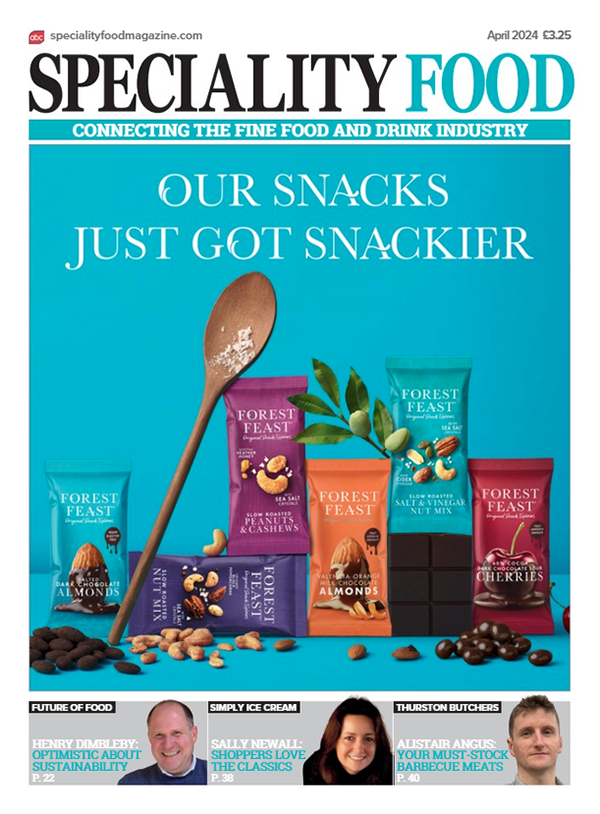“Try leads to buy”

- It’s time to go left field rather than safety-first
- “Fashion or for keeps?”
- “New year and new possibilities”
- “What is in a name?”
- “The art of shopping”
“Would you buy a used car from this man?” is the line that the analysts reckon lost the 1960 U.S. Presidential election for Richard Nixon
To be fair he looked like a pretty shifty character, but it was the reluctance of the American public to trust him that scuppered his chances. Then his back room staff spent some years glossing over the ‘Tricky Dicky’ image and re-inventing him before they were able to steer him to victory in 1968.
There is a great truth lurking in the shadows here; if you have the choice between buying something from someone you like, or purchasing the same item with someone you dislike, nearly everyone is happier shopping with friends. Which would suggest that the most important attribute of any salesman, host or shopkeeper is friendliness. One old-established way of making the customer your friend is to let them try before they buy.
There’s probably a piece of earnest research somewhere which sets out what percentage of customers who are offered a taste subsequently go on to buy, but I suspect that these potential customers are converted not because they’re getting something for nothing but rather because that small cube of unfamiliar cheese marks a subtle change in the customer/shopkeeper relationship. Offering a sample to taste is a generous thing to do, it sets a tone and breaks the ice which in turn helps start a dialogue. The retailer gets a chance to talk about his or her products, and the customer is reassured – especially when the salesperson is knowledgeable as well as friendly.
Of course this plan doesn’t always work; cast your mind back to the big food shows and the platoons of punters clutching their free bags whose mission is to get fed for the day solely on free samples. This really is nature red in tooth and claw. There is an apocryphal tale of an overcrowded show day. The product on one stand was a breaded chicken morsel and the great British public was at its very worst. As soon as each tray was lifted about the parapet the samples were snatched and devoured. One lady, with her mouth full, said “What are these?”, the stall holder replied “Chicken Whatevers”. “Aargh”, said the lady, “I am a vegetarian”. She quickly took the chicken out of her mouth and popped it back on the tray. Before anything could be done another hand reached over and the well-travelled chicken piece ended up inside a second sampler. This tale makes all those stories of double-dipping pale into insignificance.
Like it or not, nobody knows the pedigree of every salami, every terrine, every style of bread or every cheese, but small advances in knowledge can make significant advances in sales. How would it be if food stores thought a little more like wine merchants? Customers are not expected to know every wine when they visit a wine shop, and a tasting is an accepted way to get even the stick in the muds to try something new.
Sure, sampling takes time and trouble, but it really works. Sampling helps transform the relationship across the counter from adversarial to friendly; that means repeat business, and repeat business is the very best kind of business there is. Richard Nixon changed his ways (well, he probably just changed his publicity strategy) and pretty soon he was President of the most powerful country in the world. But I still wouldn’t have bought a used car off him.
more from Fine Food
-
“The Joy of Lists”
11 September 2019 Fine FoodSo how was your summer? Time to savour traditional seasonal attractions… Sunny Glastonbury… Cricket’s World Cup. -
“Jellyfish”
02 September 2019 Fine FoodThe thoughtful diner’s watchword is that “you cannot have anything better than exactly what you want.” -
“A pinch of flavour”
18 July 2019 Fine FoodIt’s as if two teams of research scientists have gone to war… firstly there are the white-coated folk who champion new products and try to find the next wonder food, while at the other extreme laboratories start by listing the dire…





